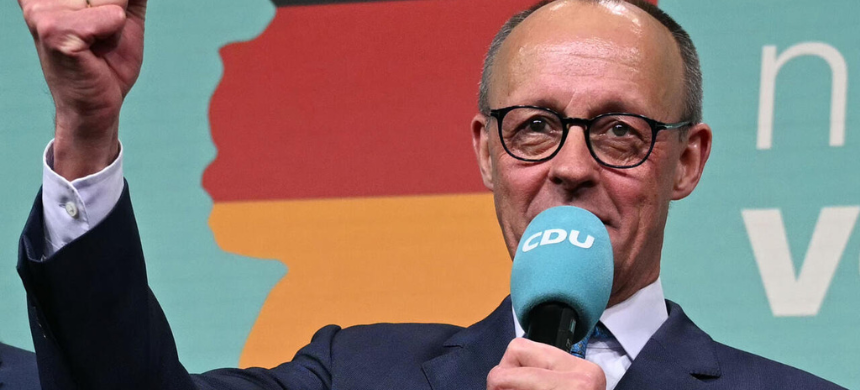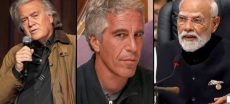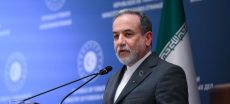Friedrich Merz’s Christian Democratic Union (CDU) has secured victory in Germany’s national election with 28.6% of the vote, falling short of its 30% target and complicating coalition talks.
Merz, 69, addressed supporters, acknowledging the challenges ahead: “Let’s celebrate tonight, and in the morning, we’ll get to work.”
The election also saw a historic performance from the far-right Alternative for Germany (AfD), which garnered 20.8% of the vote, driven by strong support in eastern Germany. AfD co-leader Alice Weidel hailed the result, stating, “Next time, we’ll come first,” attributing their success partly to a strong social media presence on TikTok that resonated with younger voters.
Read more: Trump administration cuts 1,600 USAID jobs amid foreign aid reductions
Coalition Uncertainty
Despite the CDU’s victory, forming a government remains a challenge. Outgoing Chancellor Olaf Scholz’s Social Democrats (SPD) suffered their worst post-war defeat with just 16.4%, and Scholz ruled out coalition negotiations.
Merz had hoped for a straightforward two-party coalition but now faces limited options. The Greens, who secured 11.8%, remain a potential partner despite past tensions. A three-party coalition may be necessary, raising concerns over political instability reminiscent of Scholz’s collapsed government.
Voter turnout reached 83%, the highest since German reunification in 1990, reflecting widespread public engagement amid concerns over economic stagnation, migration, and security.
Shift in Foreign Policy
Post-election, Merz signaled a shift from Germany’s traditional reliance on the U.S., criticizing American political influence, particularly from Donald Trump and Elon Musk, who openly supported the AfD. While Trump welcomed the election results as a rejection of liberal policies, Merz distanced himself, stating, “The Trump administration has shown itself largely indifferent to Europe’s fate.”
Merz also raised questions about NATO’s future and emphasized strengthening Europe’s independence from the U.S., reflecting broader European concerns over Trump’s unpredictable foreign policy, particularly on Ukraine.
Economic and Political Uncertainty
Germany’s economy remains a major concern, with two consecutive years of contraction raising fears over global competitiveness. Businesses worry that prolonged coalition negotiations could stall key policy decisions.
Economists warn that a fragile three-party coalition could lead to political paralysis. Carsten Brzeski, head of macroeconomics at ING Bank, noted, “If the new government fails to deliver significant change, foreign investments will be held back, further weakening Germany’s economic outlook.”
As Scholz remains in a caretaker role, pressing economic and geopolitical issues remain unresolved. With lengthy coalition talks ahead, Germany faces a political crossroads. Merz has secured a significant victory, but his ability to govern effectively will depend on navigating a deeply divided political landscape.











